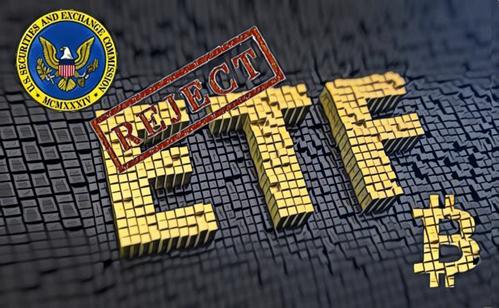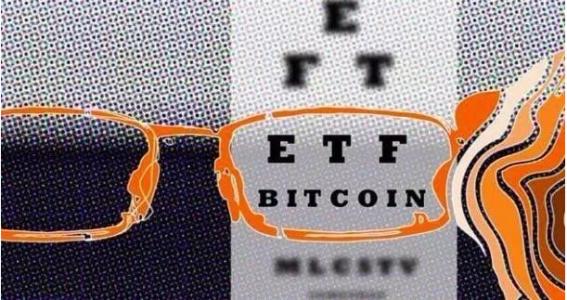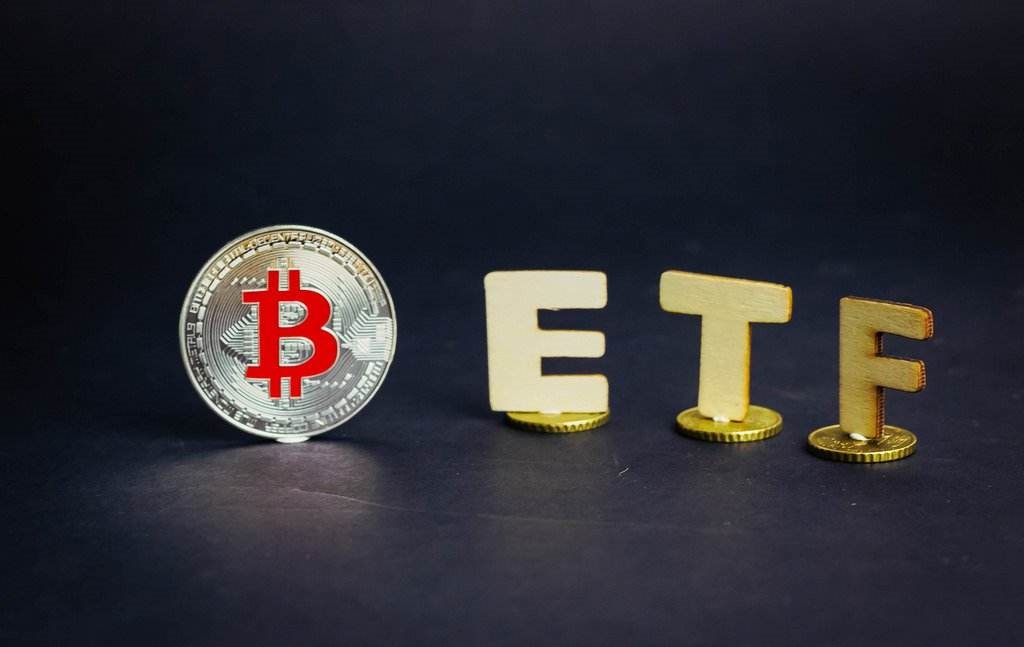When will the Bitcoin ETF pass? Estimated that the SEC could not find the reason for the refusal
Fast forward to March 2019, the US Securities and Exchange Commission has not approved any application for the Bitcoin ETF. For cryptocurrency proponents who want ETFs to provide more regulatory guidance to the industry, the compliance process has a long way to go.

The good news is that the position of the SEC has eased since March 2017, and members of the committee even said they expect the Bitcoin ETF to be approved sooner or later.
In fact, as early as June 30, 2016, the Bats BZX Exchange submitted a related application to the US Securities and Exchange Commission, which will allow it to list and trade the shares of the Winklevoss Bitcoin Trust.
- Insights | Pan Chao: Theory and Practice of DeFi
- Ethereum PoS test network released, this autumn can be effectively halved ETH
- Blockchain information filing: What is the reference value? How to treat it rationally?
If approved, Winklevoss' ETF will be the first Bitcoin exchange-traded fund approved to be listed on a fully regulated stock exchange, allowing non-professionals to obtain Bitcoin without the risk of managing their own digital assets .
Undoubtedly, this will represent a major step toward the mainstream of encryption, but after lengthy deliberations and consultations , the SEC rejected the request of the Bats BZX exchange.
On March 10, 2017, the SEC issued a statement explaining that the reason behind its decision was that it was difficult for Bitcoin to prevent price manipulation and that digital asset-related fraudulent incidents occurred frequently.
Less than two weeks after the decision was announced, the US Securities and Exchange Commission also rejected a similar proposal submitted by the New York Stock Exchange Arca, proposed by the Intercontinental Exchange, to list the SolidX Bitcoin Trust ETF.
2017 was a bad year for the Bitcoin ETF.

With the end of 2017, the entire encryption industry felt the SEC's skepticism about the bitcoin market, and its skepticism about the market was reinforced by a large number of comments from people outside the encryption industry.
However, this unfavorable situation began to change gradually in 2018, because although the US Securities and Exchange Commission continued to reject the Bitcoin ETF, there were different voices within the committee.
In July 2018, the US Securities and Exchange Commission again rejected the Bink BZX exchange's proposed listing of the Winklevoss Bitcoin Trust.
However, the SEC wrote in the statement: “Although the committee disapproves of the proposal, the committee emphasizes the need for a more general technical assessment of bitcoin or blockchain technology before it can be judged whether it has utility or potential value.”
This public objection by members of the US Securities and Exchange Commission indicates a subtle shift in their perception of the encryption field, which will help the Bitcoin ETF eventually pass.
Public opinion began to discuss the Bitcoin ETF, and the number of Bitcoin ETF proposals rejected by the SEC in 2018 in various debates set a historical record .
On August 22 alone, the committee rejected nine applications , including Direxion, ProShares and GraniteShares. The US Securities and Exchange Commission once again explained the reasons for the refusal, mainly because the relevant applications failed to prove that the applicant's rules could effectively prevent fraud and market manipulation.
It is not surprising that the Commission still insists on this view.

In 2019, the long-term bear market led to a weakening of the bitcoin ETF application, but the hope of adoption increased.
In February of this year, a US Securities and Exchange Commission commissioner said in an interview that the SEC is expected to authorize a bitcoin ETF to meet market expectations.
In the same month, a commissioner of the Commodity Futures Trading Commission ( CFTC ) criticized the SEC for rejecting the previous ETF for potential price manipulation.
With the maturity of the encryption industry and the deepening of technology awareness around the world, the Bitcoin ETF has begun to be watched around the world, its influence is expanding from the United States to Russia, and then to Japan, the SEC approves its first bitcoin. ETFs may only be a matter of time .
We will continue to update Blocking; if you have any questions or suggestions, please contact us!
Was this article helpful?
93 out of 132 found this helpful
Related articles
- Depth | Big data killing era, privacy coins will be your life-saving straw
- When does Bitcoin reach $150,000? Analyst said that it is in the next cycle
- Doubt blockchain chain 23 | 9012 years, the side chain is still a dead and alive Schrödinger cat?
- Application and Research of Blockchain Technology in Cross-Border Payment
- Indian regulators have procrastination? The cryptocurrency ban has not been lifted, and the people took to the streets four times to protest
- Sound | The Treasure of the Crossing of the Bulls
- Babbitt column | Blockchain + Medical: A bridge to restore trust? (under)






